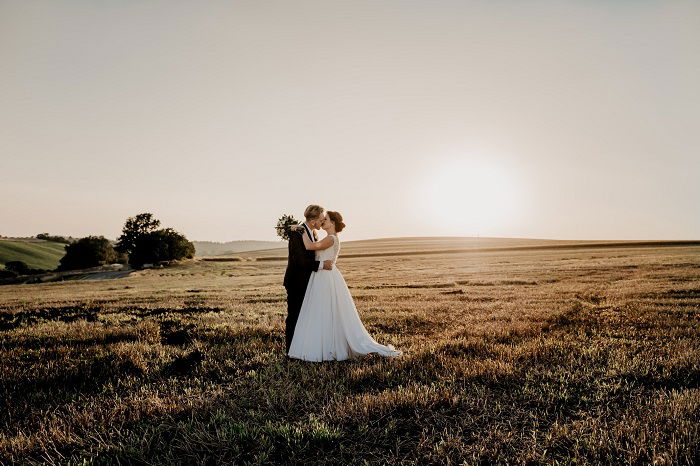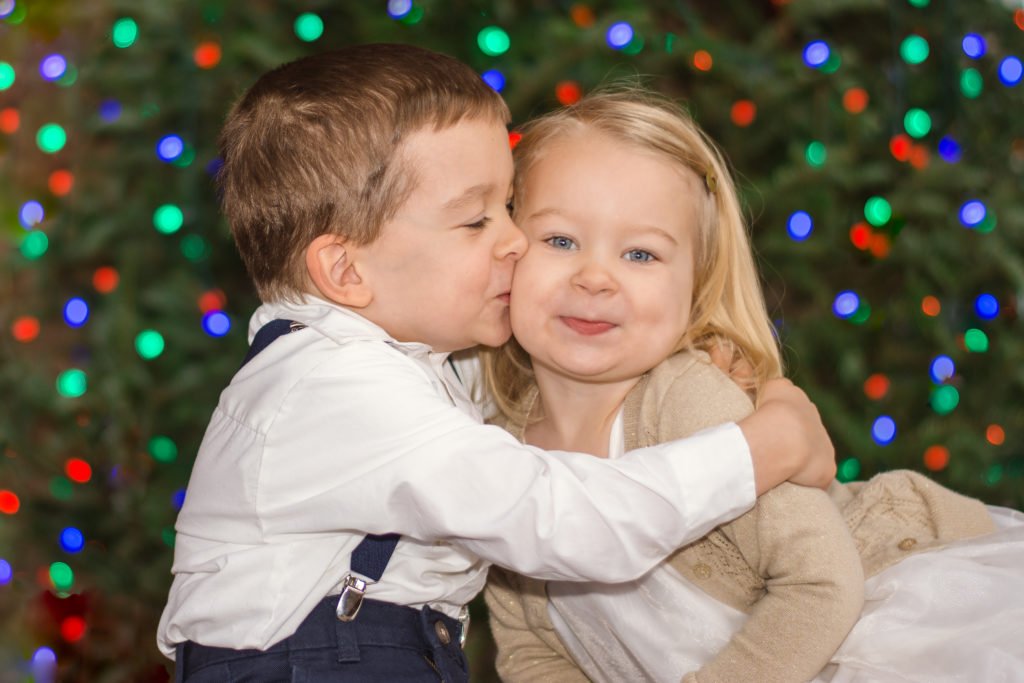A Complete Guide to Wedding Photography
Taking wedding photos can be one of the most daunting photography jobs. After all, this is a once-in-a-lifetime event, and the expectations and pressures are high. It is also one of the more expensive photography jobs, and so it’s not unusual for the bride and groom to ask someone they know to take the pictures for them. So whether you are thinking of branching out into wedding photography, or if you’ve been asked to help out, we’ve got you covered!
Tips for Before the Wedding
Often, the process starts before the wedding with proposal and engagement photos. This is good news, as it is an extra opportunity to expand your business. And there is usually less formality about proposal and engagement photos. If you are lucky enough to get the gig for engagement and wedding, then it helps as come the big day you already know the couple quite well.
Engagement Photos
Here are some tips for beautiful engagement photography:
Talk to the couple beforehand to learn their story and what kind of photos they want. Ask them to show you engagement photos they love to get an idea of their style. Have them bring a few clothing options so you can pick what works best for the shoot.
Find natural poses that fit the couple’s personality, whether they’re playful, serious or romantic. Keep them moving to different spots to avoid boredom and get variety in the images. Don’t be afraid to try new ideas to find unique shots they’ll love.
To give your clients the best experience, include their children or pets in some photos and take individual portraits too. Keep things fun and offer extras like instant photos or albums. Your clients will appreciate the memorable photoshoot and may hire you again for future occasions.
Want to learn more about engagement photography? This in-depth article covers everything you need to know.
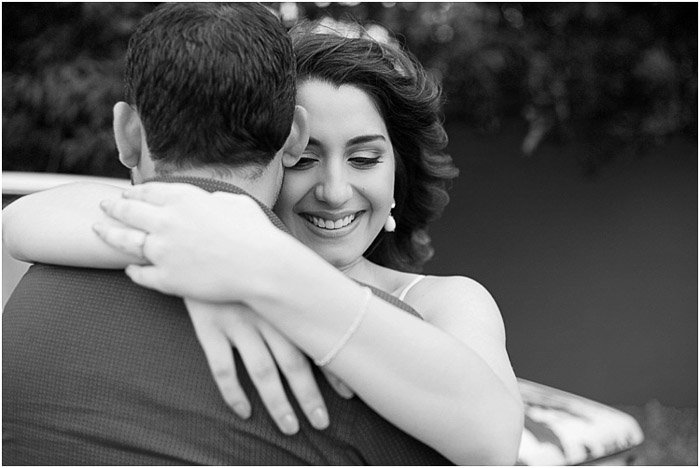
Engagement Photo Poses
Engagement photo sessions are a great way to capture your love and connection before the big day. Try the iconic forehead-to-forehead pose or get close for an intimate hug. For a more playful vibe, go for a piggyback ride or jump in the air together.
Don’t be afraid to mix it up with different poses and locations. Use steps or a wall as a prop, or take a stroll hand-in-hand through a beautiful setting. Capturing natural moments like laughter and stolen glances will add authenticity to your photos.
Remember, engagement sessions are all about celebrating your unique relationship. Whether you prefer romantic, fun, or a mix of both, the right engagement photo poses can help you create beautiful, lasting memories.
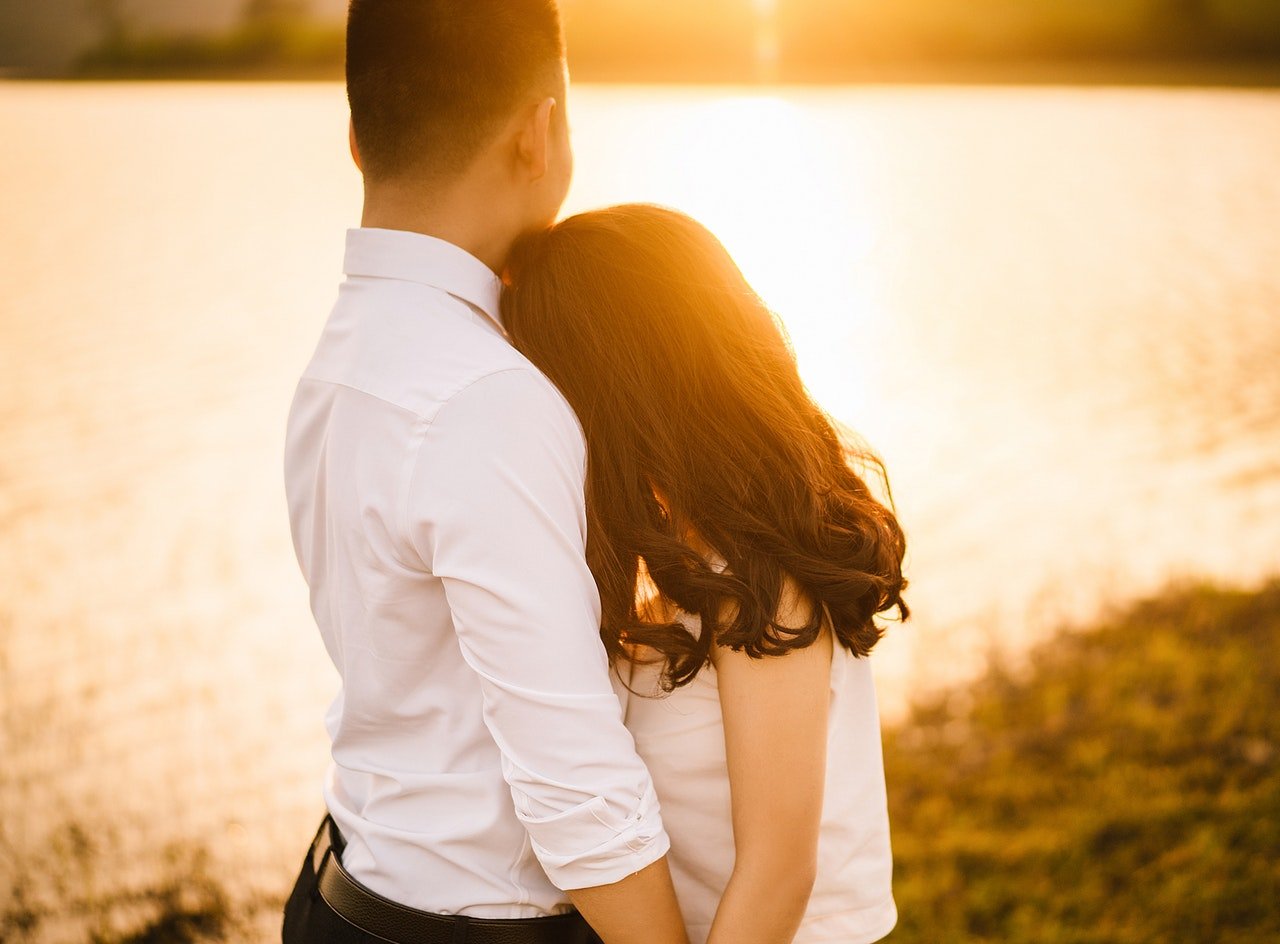
Pre-Wedding Photoshoot
A pre-wedding photoshoot is a great way to capture the love and excitement of an engaged couple before their big day. It’s a chance to get comfortable in front of the camera and create some beautiful, lasting memories.
When planning a pre-wedding photoshoot, it’s important to choose the right location, outfits, and props. Work with the couple to find a spot that’s meaningful to them, whether it’s where they first met or their favorite place to spend time together. Help them select outfits that complement each other and the location.
Don’t be afraid to get creative with poses and angles. Encourage the couple to interact naturally with each other, and capture candid moments as well as posed shots. Use props, frames, and the golden hour light to add interest and variety to the images. With a little planning and creativity, you can create a set of pre-wedding photos that the couple will treasure for years to come. To learn more about pre-wedding photoshoot tips and ideas, check out this in-depth article.
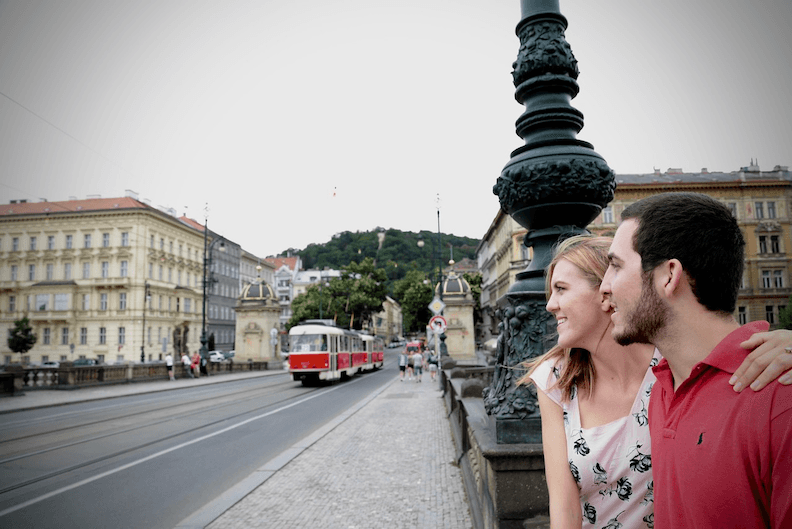
Making Sure the Day Goes Well
Planning is everything, if you want the big day to go well. From assembling your gear, to scouting the location and compiling your shortlist, the details make the difference. Follow our tips to make the most of the wedding day.
Wedding Shotlist
Photographing a wedding can be a daunting task, but a little planning can make the day stress-free and enjoyable. Break down your wedding shoot into manageable parts using a shot list. This will help you capture the special day with confidence and style.
It’s important to understand the couple’s expectations and learn about the key people at the wedding. Knowing their names will help them relax with you and make for better pictures. The ushers are also critical as they can round up groups for upcoming photographs.
Consider how the couple wants to experience their photographs in years to come. Knowing how they want to re-live the happiest day of their lives will clarify what you shoot and why. If you’d like to learn more about creating the perfect wedding shot list, we have a comprehensive guide that covers everything you need to know.
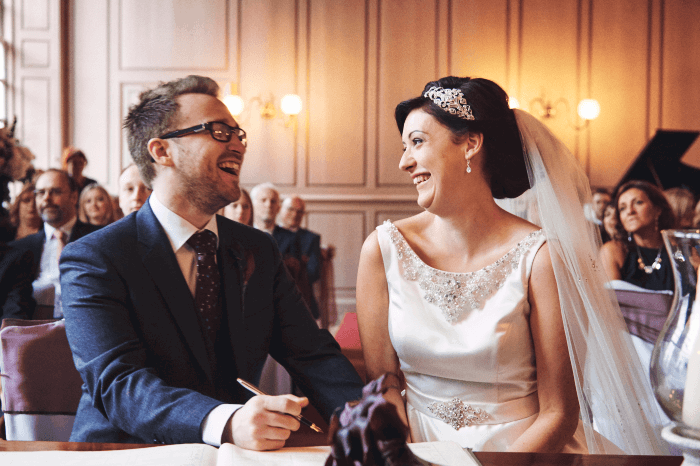
Lighting
Getting the lighting right is tricky, but it is key in wedding photography. You want to make sure your photos are properly lit so the bride and groom look their best.
One important decision is whether to use natural or artificial light. Natural light can be beautiful, but sometimes a flash is needed to get a sharp image or add interest to the scene. Flash also helps freeze action and create dimensional lighting on cloudy days.
Backlighting is a favorite for weddings because of the way it can make a wedding veil glow. Sidelighting creates interesting shadows but watch out for unflattering ones on the nose. Reflectors are an easy way to bounce back existing light without guessing how much to add. When using flash, never shoot with it bare – diffuse or bounce it for softer, more flattering light. Balancing flash with ambient light takes practice but makes a dramatic difference. For more advanced wedding photography lighting techniques try an off-camera flash to add depth and dimension.
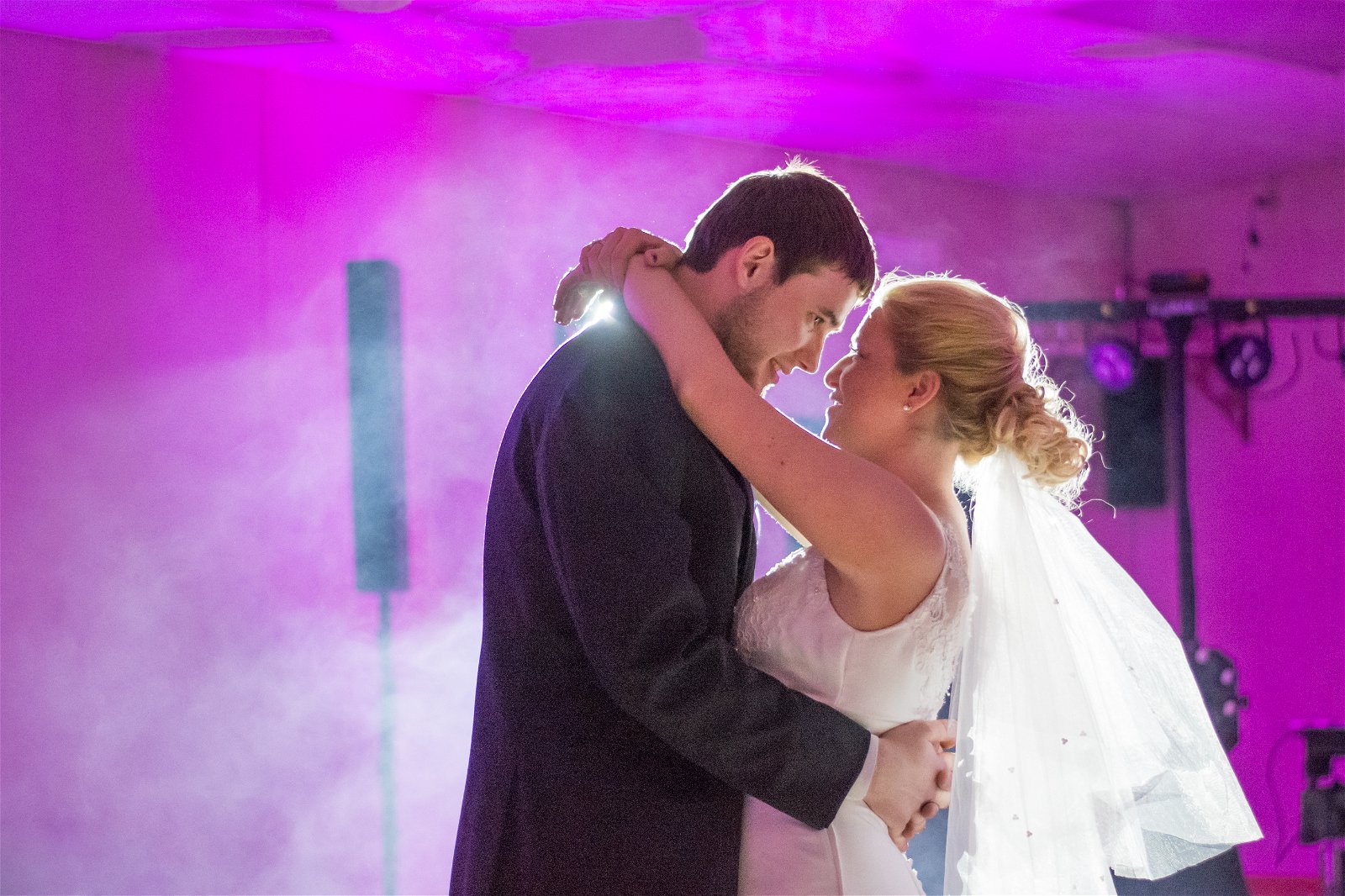
Flash Photography
Flash photography is a valuable tool for wedding photographers. It can help balance exposure in bright sunlight, add dramatic lighting effects, and improve group photos. When shooting outdoors, use fill-in flash to light your subjects and prevent the background from being overexposed.
Indoors, bounce the flash off the ceiling or walls to create soft, even lighting. You can also use multiple flashes to light the couple and the scene. During the ceremony, check with the venue about their flash photography guidelines.
At the reception, use flash to light the couple and guests, and take advantage of the DJ lights for interesting color contrasts. Flash is also useful for capturing details like rings, centerpieces, and the wedding cake. By mastering flash photography, you can create stunning wedding photos in any lighting situation. To learn more about flash photography for weddings, check out this in-depth article.
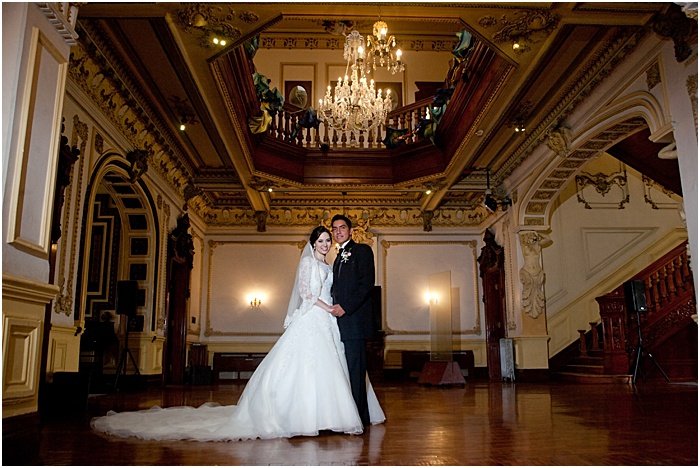
Outdoor Shots
Outdoor weddings offer stunning photo opportunities, but they come with unique challenges. Uneven lighting, bright sun, dark shadows, and unpredictable weather can make capturing the perfect shot tricky.
To get the best results, advise the couple to schedule their ceremony for later in the day or in a shaded area. Come prepared for any weather with extra layers, rain gear, and backup batteries. Use fill flash to compensate for bad lighting and keep the highlights in check when setting the exposure.
Pay attention to the background and use composition to minimize distractions. Capture wide shots to showcase the atmosphere and location. For creative photos, take night portraits of the couple and embrace rainy weather to tell the story of their special day. If you’d like to learn more about outdoor wedding photography, we have a comprehensive guide available.
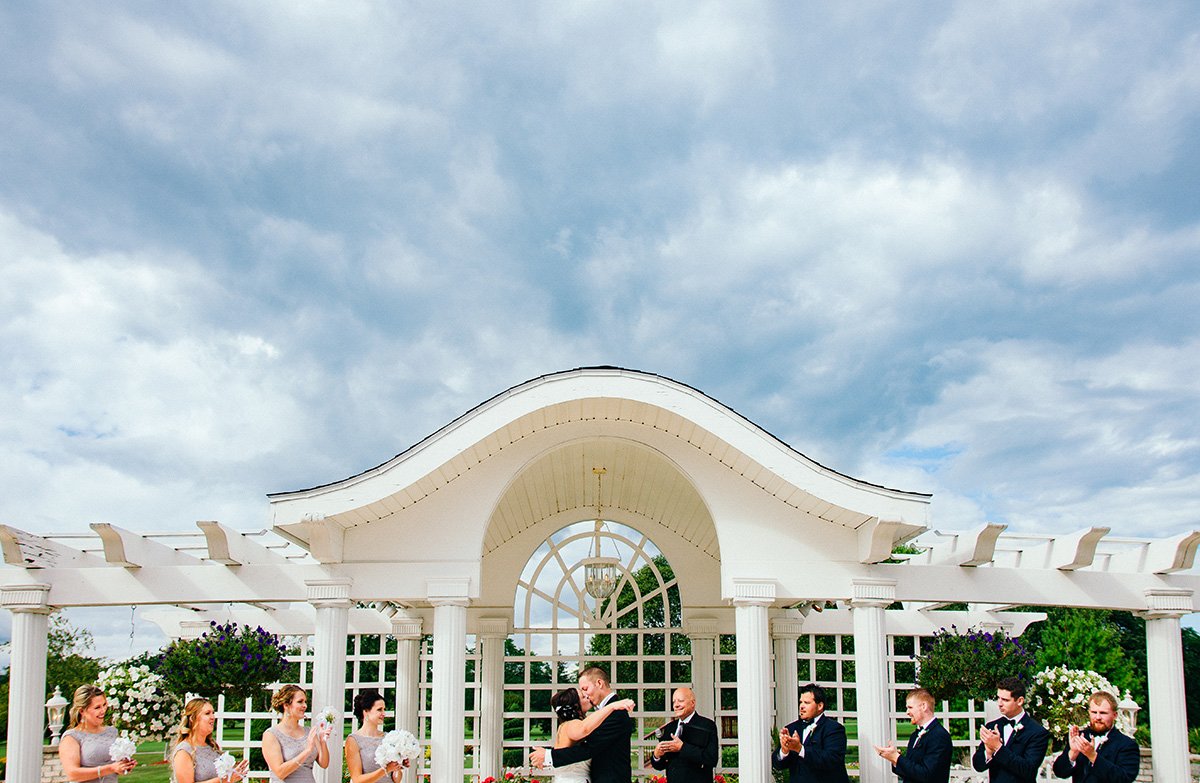
Bride and Groom
Wedding poses can make or break a couple’s first portraits as a married couple. A great pose should flatter each person while showing the connection between them. Mastering natural wedding poses takes practice and knowledge of posing basics for couples, men, and women.
Follow the couple’s lead and be observant of their candid interactions. Encourage them to follow their instincts and never force poses. Adjusting hands, expressions, and where the couple is looking can create multiple shots from one basic pose.
Classic poses include standing side-by-side holding hands, facing each other, locking arms, one spouse behind the other, and seated poses. Close-up photos of the rings, a playful lifted pose, using the veil, and a movie-like dip kiss add variety. Steal a quick kiss in the getaway car for a fun, candid shot. Wedding poses inspired by the couple and the setting create a complete wedding album.
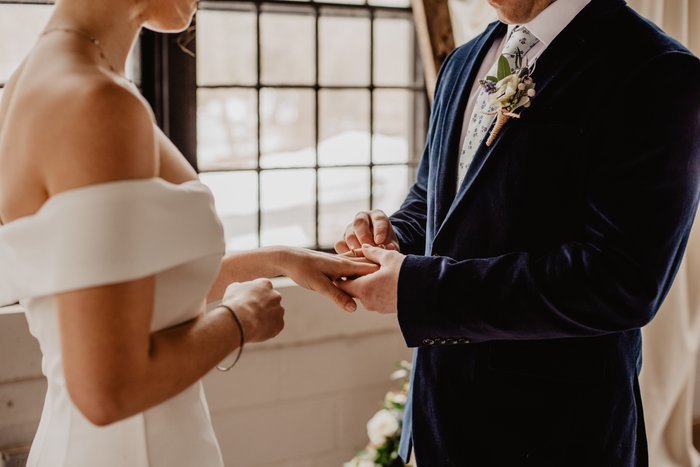
Groomsmen Poses
Capturing genuine moments between the groom, groomsmen, and loved ones is key to great wedding photography. Get candid shots of the groom and groomsmen getting ready, like adjusting ties or sharing gifts. The journey to the venue also provides opportunities for cool photos, such as a slow-motion walk or recreating a favorite album cover.
Have fun with your surroundings when posing the group. Use windows, hay bales, or climbing frames to get quirky shots. Unify the groomsmen with matching attire details like colorful socks or superhero cufflinks.
Change your viewpoint to create unique groomsmen pictures. Use stairs to pose the group or get a high vantage point. Frame them through a doorway or use backlighting for a dramatic effect. Groomsmen photo ideas like these will help you capture the personality and emotion that make truly great wedding photos.
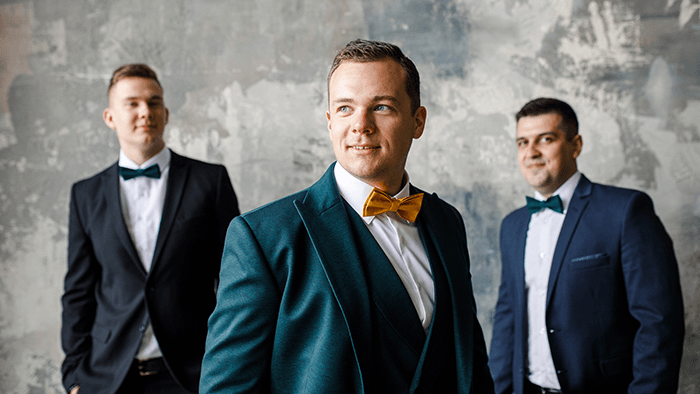
Indian Weddings
Indian wedding photography can be complex, especially if you’re unfamiliar with the culture. To take your photos to the next level, find out what kind of Indian wedding you’ll be shooting. Get to know the couple beforehand so they feel confident about your work.
If possible, have a pre-wedding shoot to get comfortable with the couple. Create a schedule to avoid unexpected obstacles during the multi-day event. Photograph all the pre-wedding rituals like Mehendi, Sangeet, and Haldi.
Use natural light as much as you can to make your photos look appealing. If needed, hire a second shooter to capture as many moments as possible. Indian wedding photography is the perfect opportunity to take outstanding photos that look good and touch the heart.
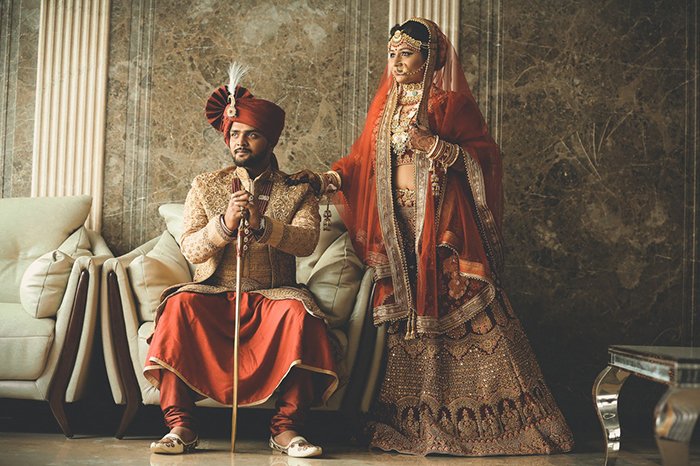
Black and White
Black and white wedding photography can add emotion and elegance to your images. By removing color, the focus is drawn to the interaction and feeling in the photo. Distractions like busy backgrounds or clashing colors are also minimized.
Black and white is great for high contrast scenes with strong lighting. It can make “bad” light look more dramatic and intentional. You can also adjust the contrast when editing to get the perfect balance of light and dark tones.
One tip is to visualize the scene in black and white as you shoot. Look for interesting shadows, textures and expressions that will translate well to monochrome. You can deliver both color and black and white versions to give your couple options. Black and white wedding photography is a timeless choice that captures the essence and emotion of the day.
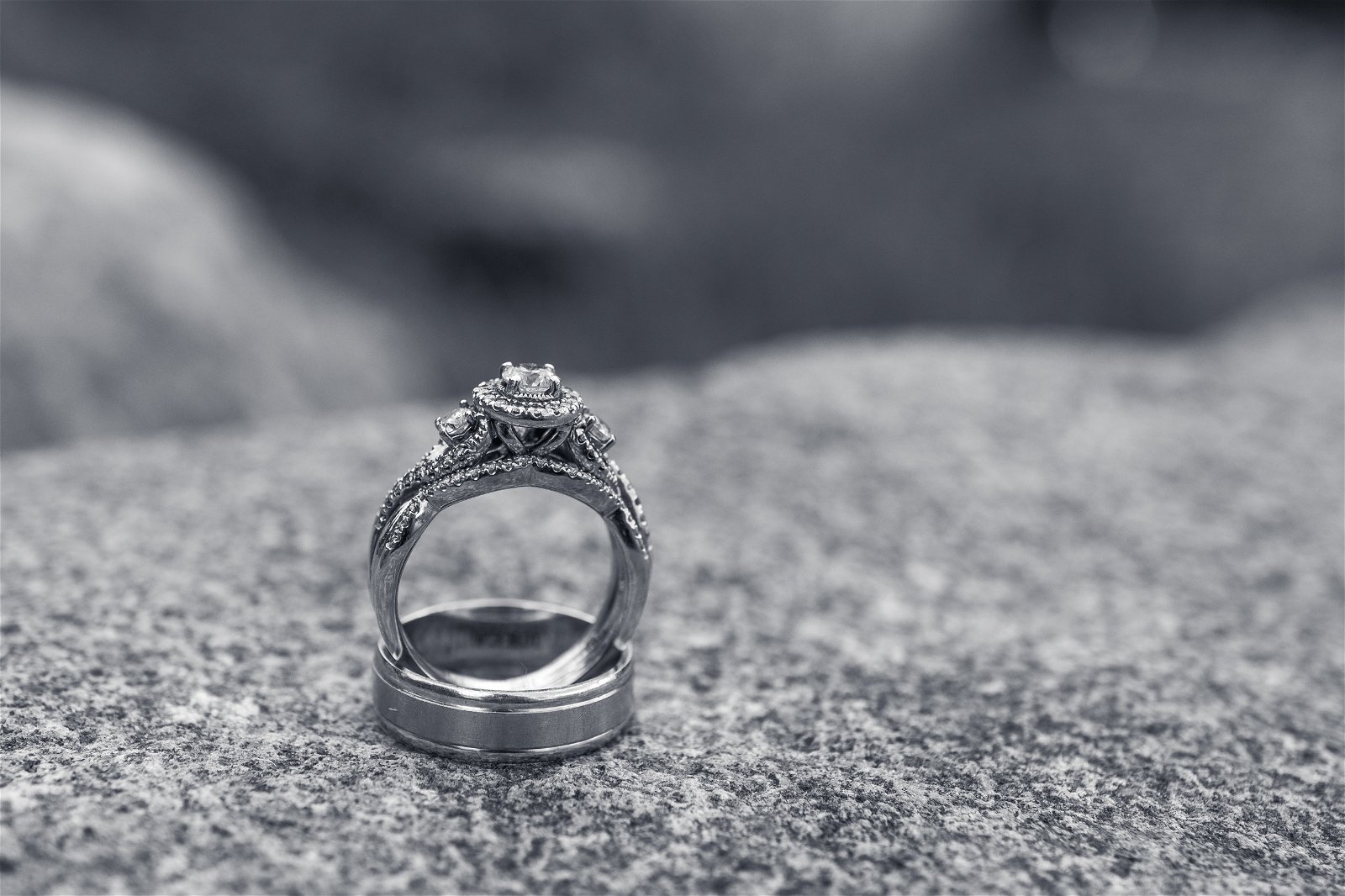
Photo Booth Ideas
Wedding photo booths are a fun way to capture memories at your special day. Classic photo booths are popular and easy to use. DIY options like curtain backdrops or hanging props from trees add a personal touch.
Themed photo booths can match your wedding style. Chalkboards and speech bubble props encourage guest interaction. For a unique twist, consider using a retro van, instant cameras, or even a drone for aerial shots.
Floral walls make charming backdrops, while disposable cameras on each table are budget-friendly. No matter which idea you choose, wedding photo booths provide extra fun for you and your guests. Wedding photo booth ideas can help you create lasting memories of your big day.
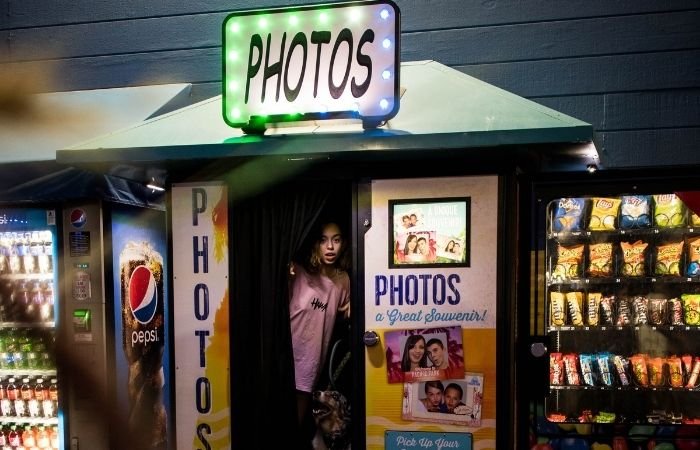
DIY Photobooth
A DIY photo booth is a fun and affordable way to capture memories at events like weddings, parties, and family gatherings. To set one up, you’ll need a camera, tripod, and a creative backdrop.
Lighting is key for great photo booth shots. Natural light works well if you have enough of it, or you can use artificial lights like studio lights or a ring flash. Combining both natural and artificial light often gives the best results.
You’ll also need a way for people to trigger the camera themselves, such as a wireless remote, wired remote, or a smart trigger that can be activated by sound. And don’t forget to add some props and decorations to your backdrop to make it more interactive and engaging. With a little creativity, you can create your own diy photo booth that will be a hit at your next event.
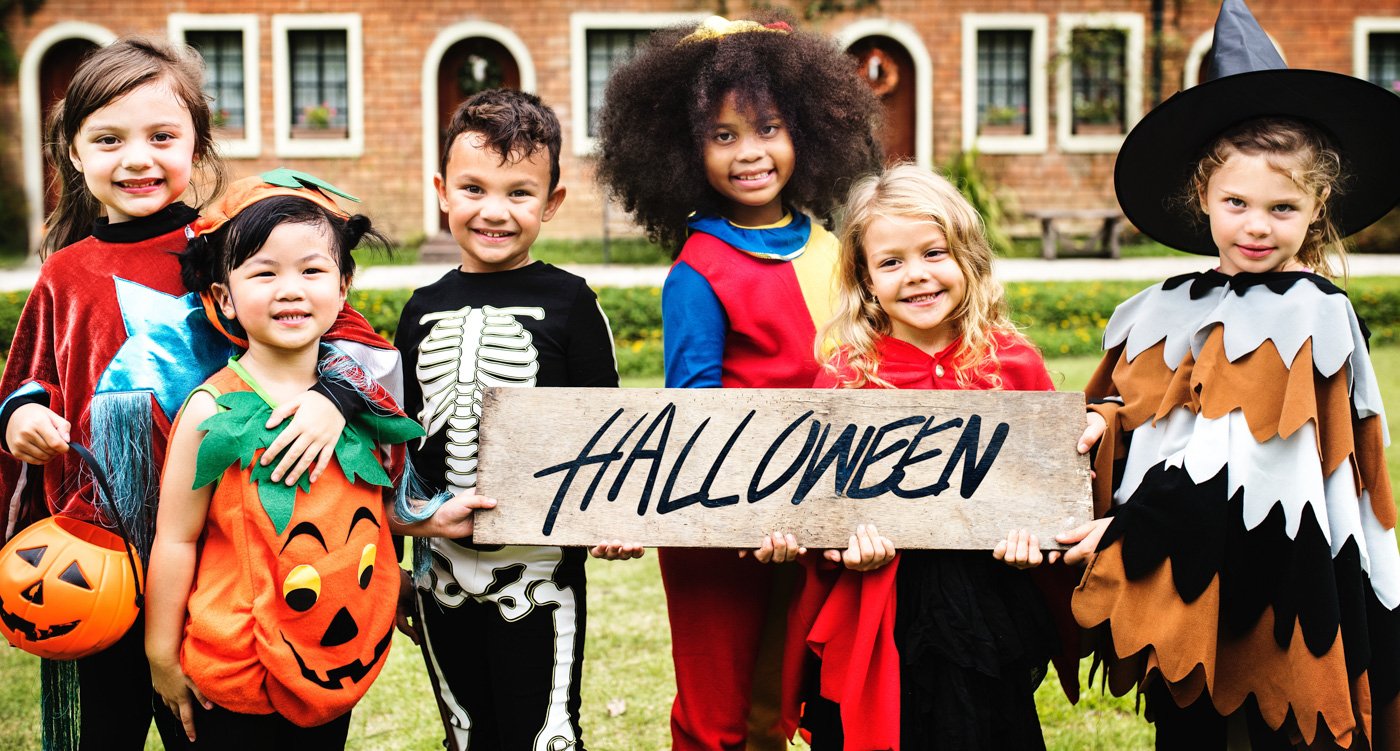
Running Your Own Wedding Business
Once you’ve shot a wedding or two, you might be tempted to make a go if it as a business. And it can be a very lucrative and satisfying area to work in. However, doing it full time is very different from on a casual basis. There are all manner of things to consider, and your clients’ expectations will likely be higher than those of friends and family. So we’ve put together some resources to help you make a success of a wedding photography business.
Getting Started
Starting a successful wedding photography business takes hard work and dedication. You need to have a strong understanding of photography basics, like using manual mode, working with light, and posing. Building experience is key, so consider working as a second shooter, doing engagement sessions, or creating a stylized shoot.
Researching your local market will help you set the right prices. Choose a business name that reflects your style and create a portfolio that showcases your best work. When starting out, you’ll need a camera, two or three lenses, and editing software.
Register your business according to local laws and create a long-term financial plan. Market your business through social media ads, partnerships with other vendors, and word of mouth. With the right steps, you can set yourself up for success in the wedding photography industry. A Wedding photography business requires both photography and business skills.
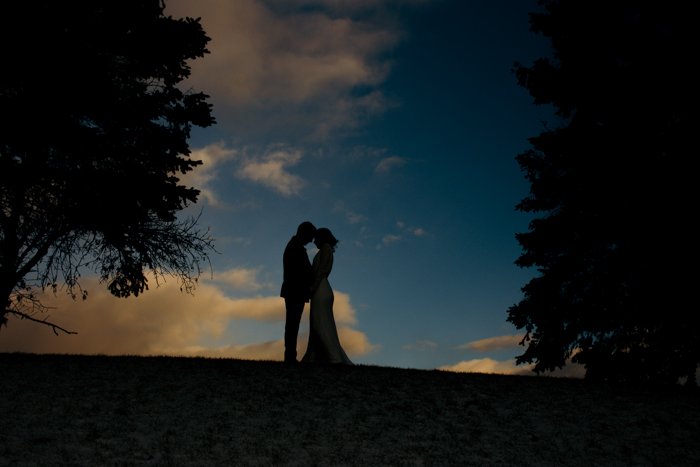
Your Website
Wix is the best website builder for photographers. It’s a no-code platform with drag-and-drop design tools, so you don’t need web design experience. The templates are professional and you can customize them to develop your own branding.
Wix uses AI features to make website building quick and simple. It has built-in SEO tools to help you get more visitors. And the 24/7 customer service is there if you need help.
To learn more about the best website builder for photographers, read through our guide to the best out there.
![]()
Mastering Workflow
A wedding photography workflow covers everything from the initial client contact to delivering the final edited images. Before defining your workflow, consider your photography style, schedule, and business goals. This will help you develop a workflow that works best for you.
The workflow starts when a potential client reaches out. Answer their questions, send a wedding guide with pricing and tips, and have them sign a contract. Meet with the couple to discuss their wedding day and help them feel comfortable around you.
Engagement photos are a great way to get to know the couple before the big day. Choose a location, pose them in a mix of traditional and candid shots, and share the edited images in an online gallery. On the wedding day, arrive early, explore the venue, and capture all the important moments. Afterward, choose the best shots, edit them, and share sneak peeks on social media. Deliver the final images on a USB drive or in an online gallery, and add them to your portfolio. With a solid wedding photography workflow, you can deliver great results and improve your productivity (and therefore profitability!).
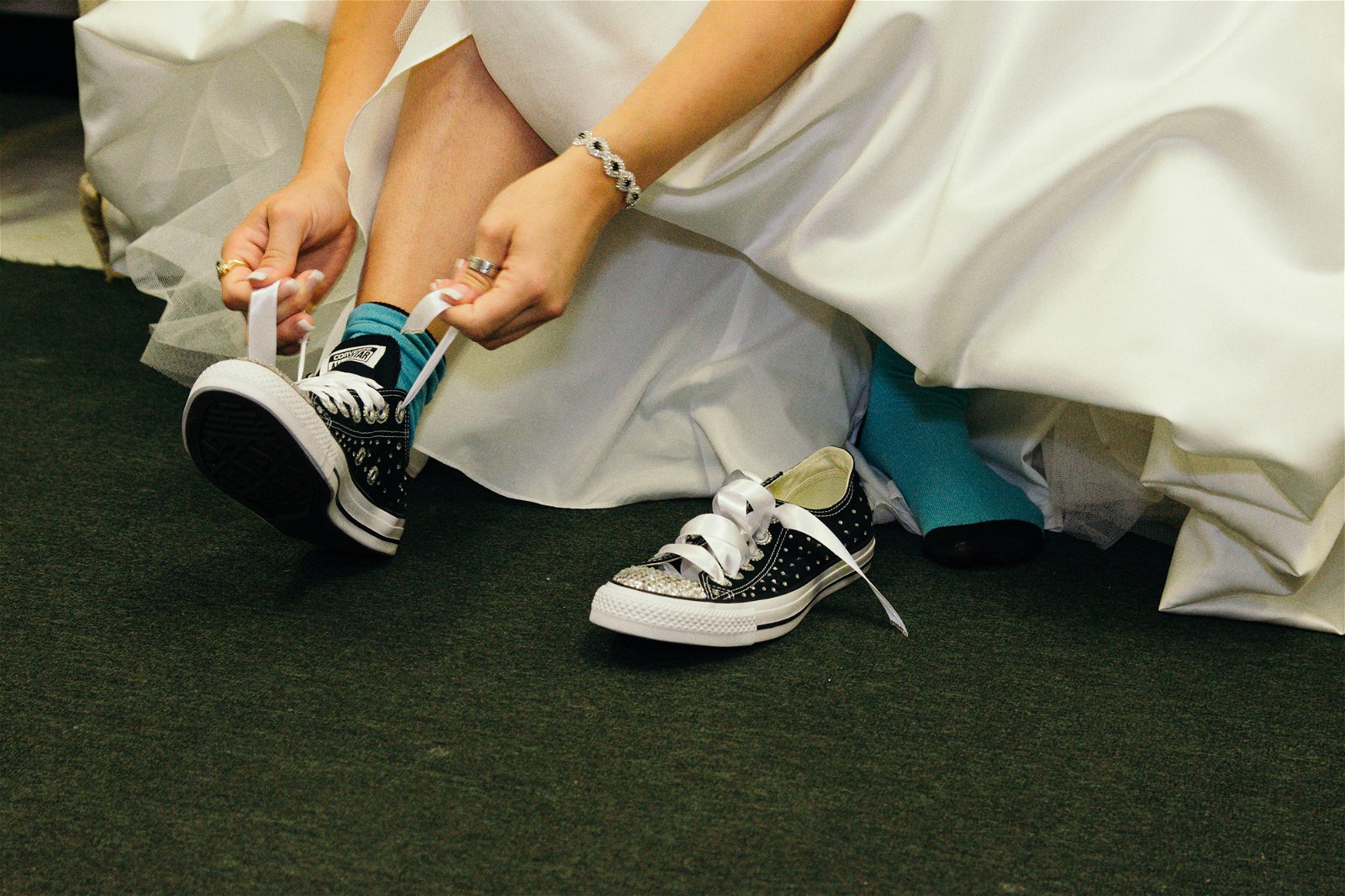
Contracts
A wedding photography contract protects both the photographer and the couple. It should cover important details like the wedding date, price, deposit amount, and how long the photographer will shoot for. The contract should also specify how much editing is included, who owns the rights to the photos, and if the couple can share the images on social media.
It’s important to include what happens if the photographer can’t shoot the wedding or if the wedding gets cancelled or rescheduled. The contract should also address liability, such as if the photographer misses a shot or if guests get in the way.
Other important details include breaks, food, and assistants for the photographer, as well as when the couple will receive the final images. A wedding photography contract is a must-have to ensure everyone is on the same page and to protect both parties.
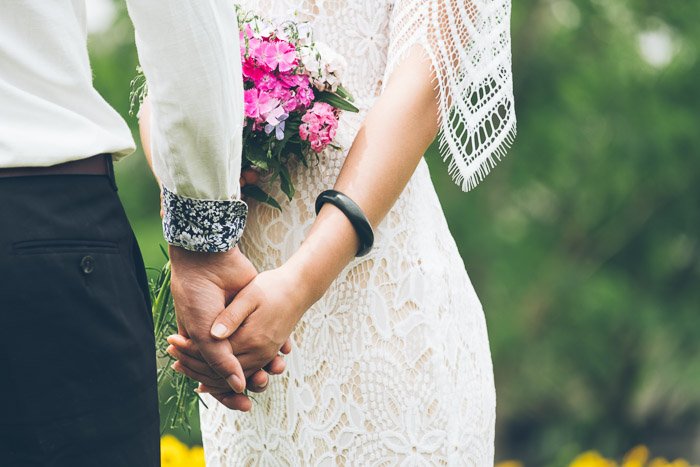
Pricing
Setting wedding photography prices is a challenge. You need to find a balance between charging too little, which hurts your perceived value, and charging too much, which leaves you with no bookings. Start by setting goals for your business and knowing your value. Estimate the time involved in each wedding, including meeting with the couple, editing, and creating deliverables.
Consider your area’s average wedding costs and budget for equipment, marketing, and other business expenses. Offer a few simple package options or a la carte services, and clearly detail what’s included in your contracts. Set a deposit amount that covers your invested time and discourages cancellations.
As your business grows, revisit your pricing regularly and make adjustments based on your experience and the value you provide. Setting the right wedding photography prices is an ongoing process that helps you turn your passion into a successful business. To learn more about wedding photography prices, check out our in-depth guide.
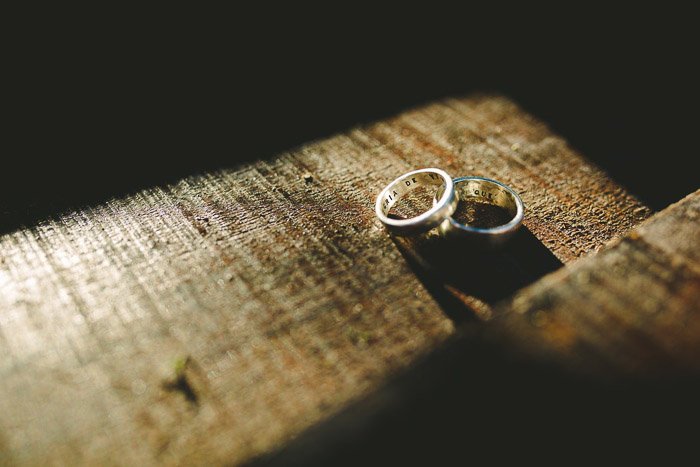
Shotlist
A wedding photography checklist is a lifesaver for new photographers. It helps prevent missed moments on the big day. Wedding photography checklists cover the must-have shots like the first dance and family photos.
Meet with the couple before the wedding to discuss their plans and traditions. Get a detailed timeline a week before the event. Charge your batteries and pack your gear the day before.
On the wedding day, take photos of the dress, rings, and other details. Capture the bride and groom getting ready with their wedding parties. Photograph the processional, vows, ring exchange, and recessional at the ceremony. Pose the couple with their families and the wedding party after the ceremony. At the reception, shoot the first dance, toasts, and cake cutting.
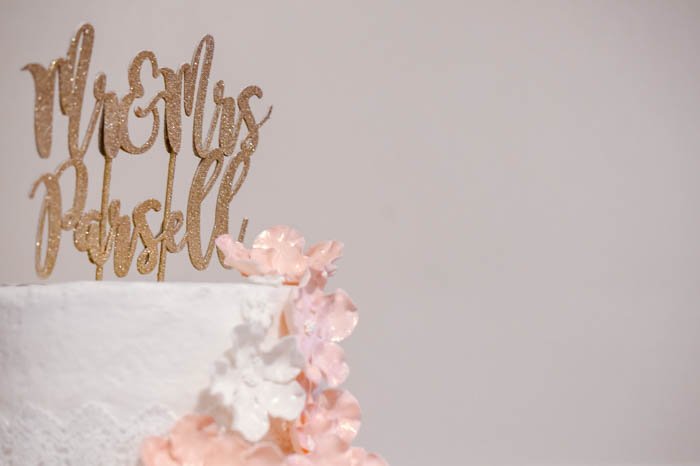
Some Niche Wedding Photography Ideas
Ideas and fashions change, so it’s good idea to be on top of what is new and popular in wedding photography. Keep up with Instagram trends and hashtags, and take note of what other photographers are doing. One way to make the most of the market, is to be aware of different wedding photography niches.
Destination Weddings
Destination wedding photography can be exciting, but it’s important to be prepared. Arrive at least two to three days early to avoid travel delays and scout the location. Stay close to the venue, either at the same hotel or a nearby rental.
Never check your camera gear when flying. Keep it in your carry-on bag to avoid loss or damage. After the wedding, stay an extra day or two to rest and back up your images before traveling home.
Arrive early on the wedding day to find the best spots for photos. Get business cards from other vendors to build relationships and gain referrals. Showcase the destination wedding on your website and social media to attract more clients. Reviews from happy couples can also help grow your business. With careful planning, destination weddings can be a rewarding niche for photographers who love to travel. Destination wedding photography has its challenges, but the stunning locations make it all worthwhile.
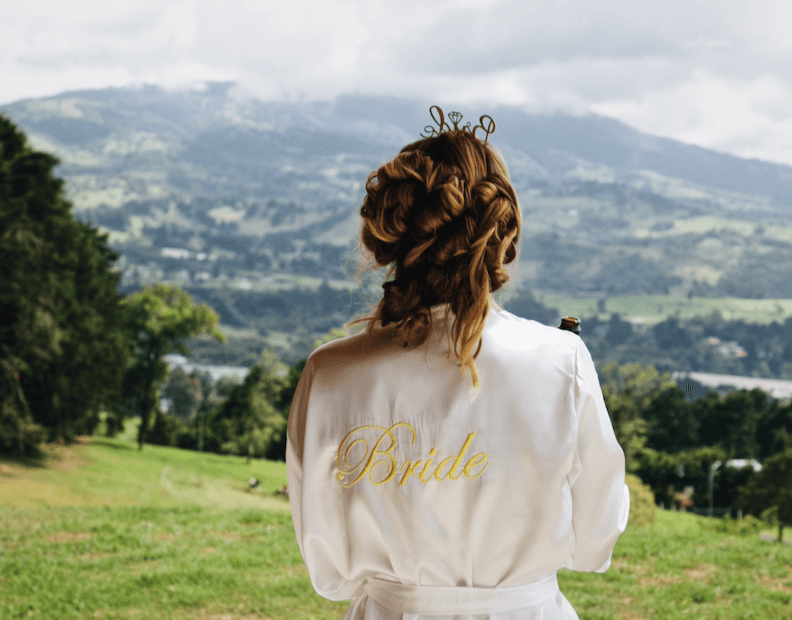
Fine Art
Fine art wedding photography captures the beauty and emotion of a couple’s special day in an artistic way. It goes beyond simply documenting the event to create images that are meant to be appreciated as works of art.
Fine art wedding photographers pay close attention to details, composition, and storytelling. They use creative techniques like unique angles, macro shots, and special effects lenses to add a whimsical or dreamy quality to the photos.
Take a look at our article to learn more about the art of fine art wedding photography, including tips on capturing details, thinking outside the box, and finding the story in your images.
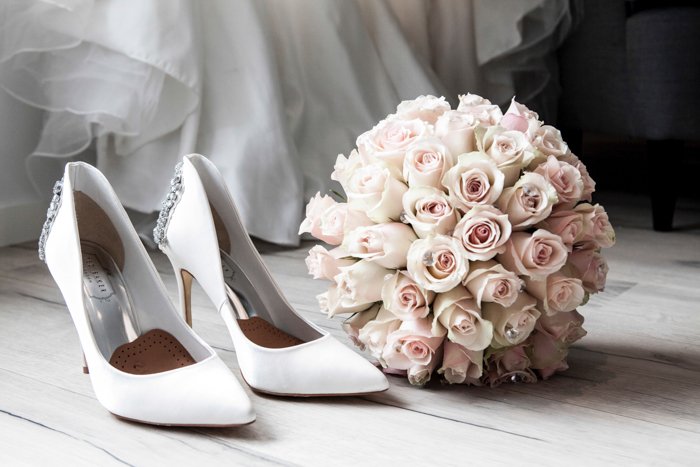
Drones
Drone wedding photography offers a unique perspective for capturing special moments. Unusual angles allow for creative and emotional pictures that couples will cherish forever. To ensure a smooth photoshoot, it’s important to be aware of the limitations and requirements that come with using drones.
Before the wedding, use Google Earth or Google Maps to plan out your shots. Look for the most flattering angles and take screenshots to share with other photographers. Attending the rehearsal is also a great opportunity to collaborate with your clients and come up with new ideas.
On the day of the wedding, take photos before and after guests arrive to emphasize the love and warmth of the event. Avoid getting too close to guests with the drone, as they can be noisy and distracting. Instead, focus on capturing important moments from different angles to tell an emotional story. For more tips on drone wedding photography, check out our in-depth guide.
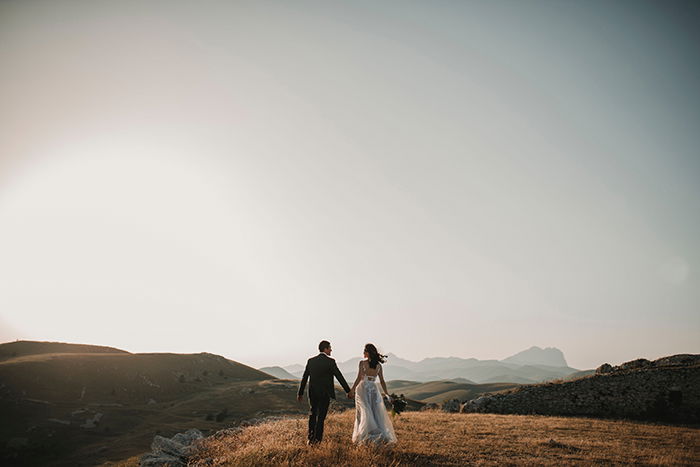
How to Edit Your Wedding Photos
Perhaps the one thing that separates the great from the average wedding photographer, is the editing. Apart from anything else, your choice and use of presets can stamp your unique mark on the genre. By shooting in RAW, you ensure the best possible chance of creating wonderful images that delight the couple.
Lightroom Tips
Editing wedding photos in Lightroom is an important skill for photographers. Using presets can speed up the process and create unique looks. Lightroom’s tools make it easy to adjust exposure, color correct, and sharpen images.
The healing brush and gradient tools are useful for fixing minor imperfections and mixed white balances. The brush tool is great for dodging, burning, and retouching without needing Photoshop. Auto masking makes brush edits even quicker.
Lightroom’s export tools are also helpful. You can create slideshow videos and add watermarks when exporting for the web. With these tips for editing wedding photos, Lightroom can make quick work of all those images.
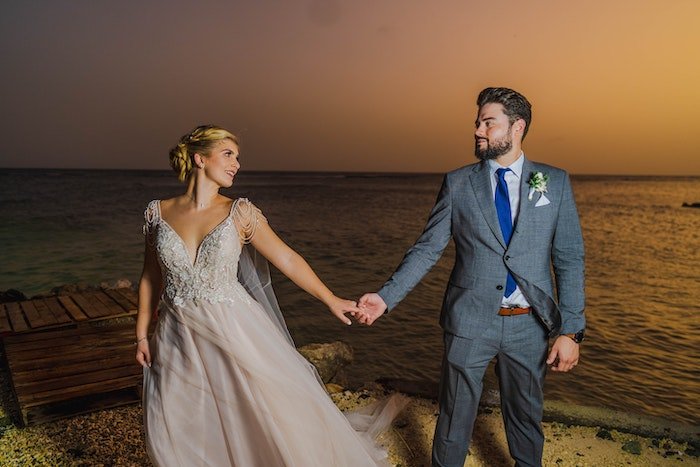
Presets
Wedding photography editing can make a big difference in the final images. Lightroom presets are a quick way to get quality edits without spending a lot of time. Many of the best wedding presets are made by experienced wedding photographers.
When choosing presets, consider the aesthetic you want for your wedding photos. Warm, soft tones often work well to give an uplifting, romantic feel. Look for examples of each preset to find the right style for your shooting.
Wedding presets can range from subtle to dramatic. The wedding presets you choose will depend on your personal preference and shooting style. But using presets is a great way to speed up your editing workflow and get consistent results.
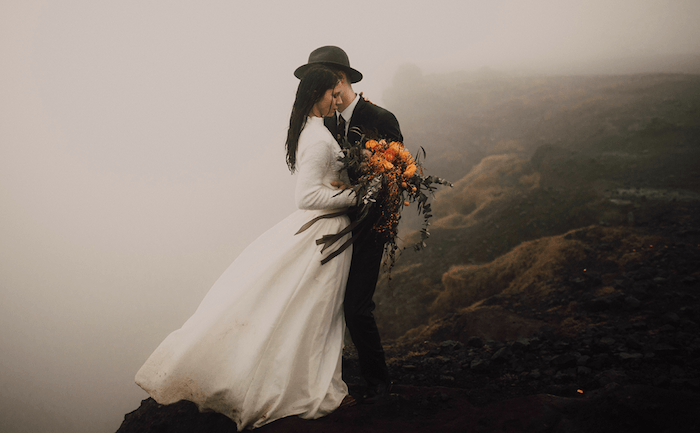
Choosing the Best Camera and Gear
You will find a lot of snobbishness about camera gear, especially when it comes to weddings. There is no doubt that getting the right kit can help. Knowing how to use it is even more important though. We spend a lot of time looking at the best equipment for all manner of photography needs, and we’ve put together a selection of articles to help you choose the best.
Cameras
The Canon 5D Mark IV is a reliable camera for professional wedding photographers. It has a weather-sealed body, excellent image quality, and long battery life. The Canon 5D performs well in low light when paired with Canon’s professional L lenses.
The Canon EOS 90D is a great entry-level wedding photography camera. It has a 32.5 MP sensor and shoots at 10 fps. The flip-out screen lets you get creative angles with Live View mode. It’s compatible with all Canon EFS and EF lenses, from affordable to high-end glass.
The Nikon D780 is a professional wedding photography camera with an impressive autofocus system. Its eye detection AF locks onto subjects as they move. The Nikon D780 captures the moment in any environment. To learn more about the best camera for wedding photography, check out the full article.
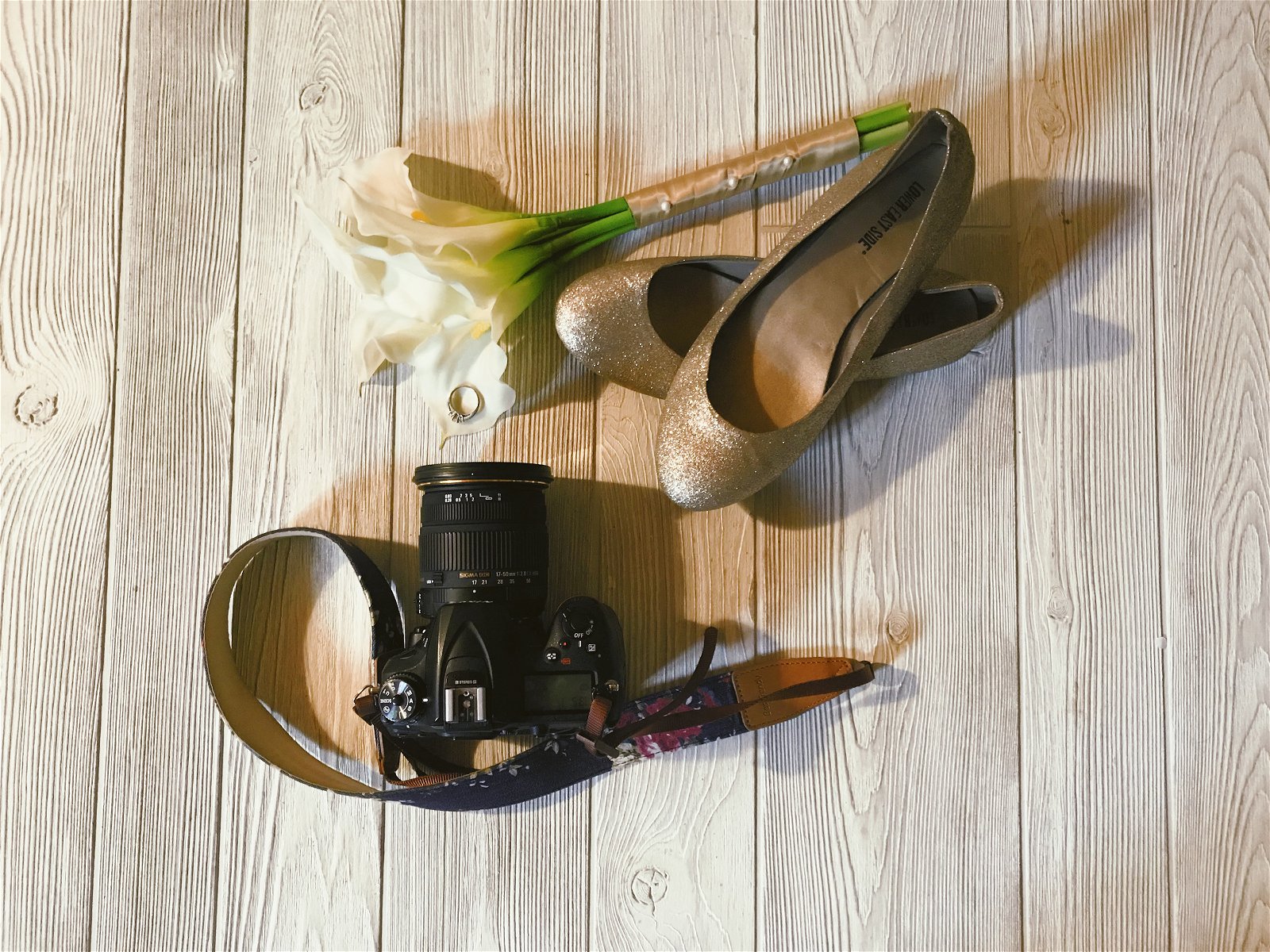
Lenses
The 24-70mm f/2.8 lens is a popular choice for wedding photographers. It’s wide enough to capture the entire ceremony in one shot but can also zoom in for portraits. The bright f/2.8 aperture helps shoot in dim settings like reception venues.
Image stabilization is a useful feature to look for. It helps get sharp shots in low light without raising the ISO too high. Third-party lenses like Sigma’s 24-70mm f/2.8 offer similar quality at a lower price than name brands.
The 24-70mm f/2.8 is a versatile lens that’s very useful for weddings. To find out more, take a look at our guide to the best lenses for wedding photography.
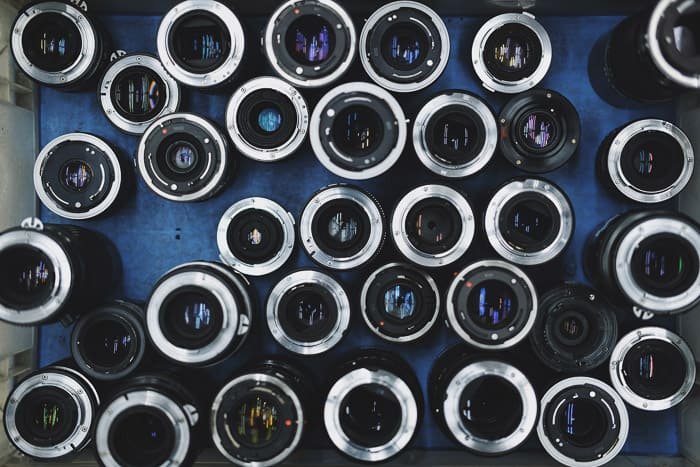
Nikon Lenses
The best Nikon lenses for wedding photography help you capture every special moment. From wide-angle shots of the venue to intimate portraits, you need a lens that delivers sharp images in low light.
Our top picks are the Nikon Z 24-70mm f/2.8 S for its versatility and the Nikon AF-S 24-120mm f/4G IF-ED VR for its useful zoom range. The 24-70mm f/2.8 S is great in low light and has quick autofocus, while the 24-120mm f/4G offers Vibration Reduction for sharp handheld shots.
Other great options include the Nikon Z 85mm f/1.2 S for stunning portraits and the Nikon Z MC 105mm f/2.8 VR S for detailed close-ups. With the right Nikon lens, you’ll be ready to capture every moment of the big day. We’ve put together a selection of the best Nikon lenses for wedding photography.
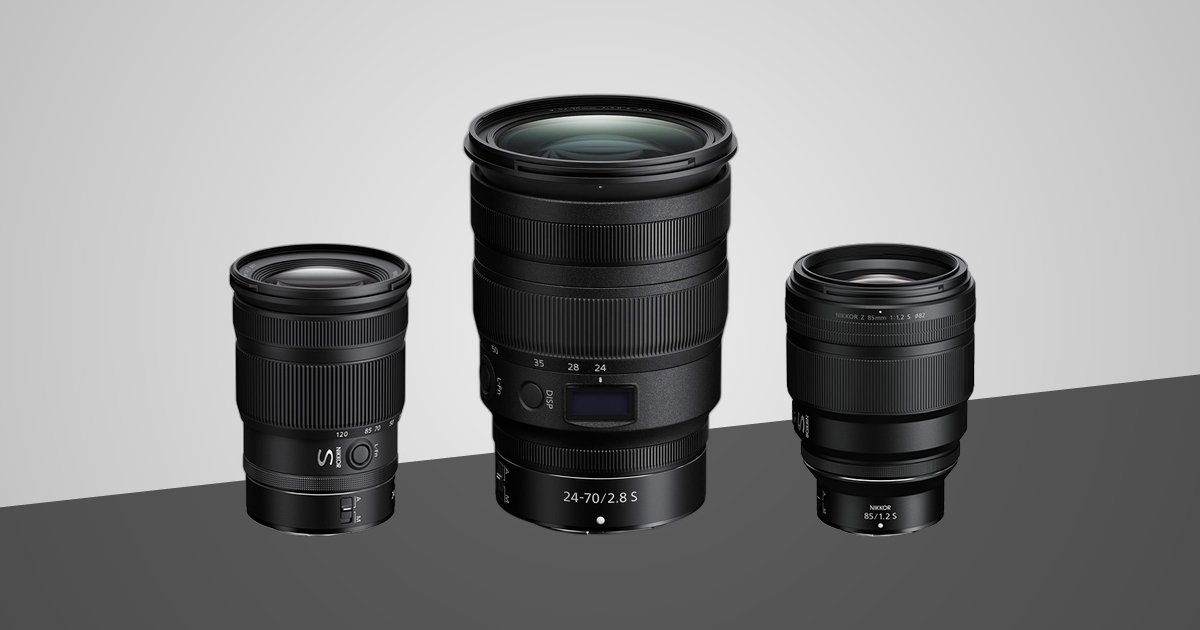
Sony Lenses
The Sony FE 24-105mm f/4 G OSS is a versatile zoom lens that’s perfect for wedding photography. It has a wide focal range, letting you capture expansive venue shots and intimate portraits without changing lenses. The constant f/4 aperture gives you consistent exposure control and good low-light performance.
This lens also has fast, accurate autofocus with a manual override option. The Optical SteadyShot image stabilization is very effective, letting you shoot with slower shutter speeds in low light. And the high-quality construction with weather sealing makes it a durable choice.
If you want to learn more about the best sony lenses for wedding photography, check out the full article. It covers a range of great options to suit different shooting styles and budgets.
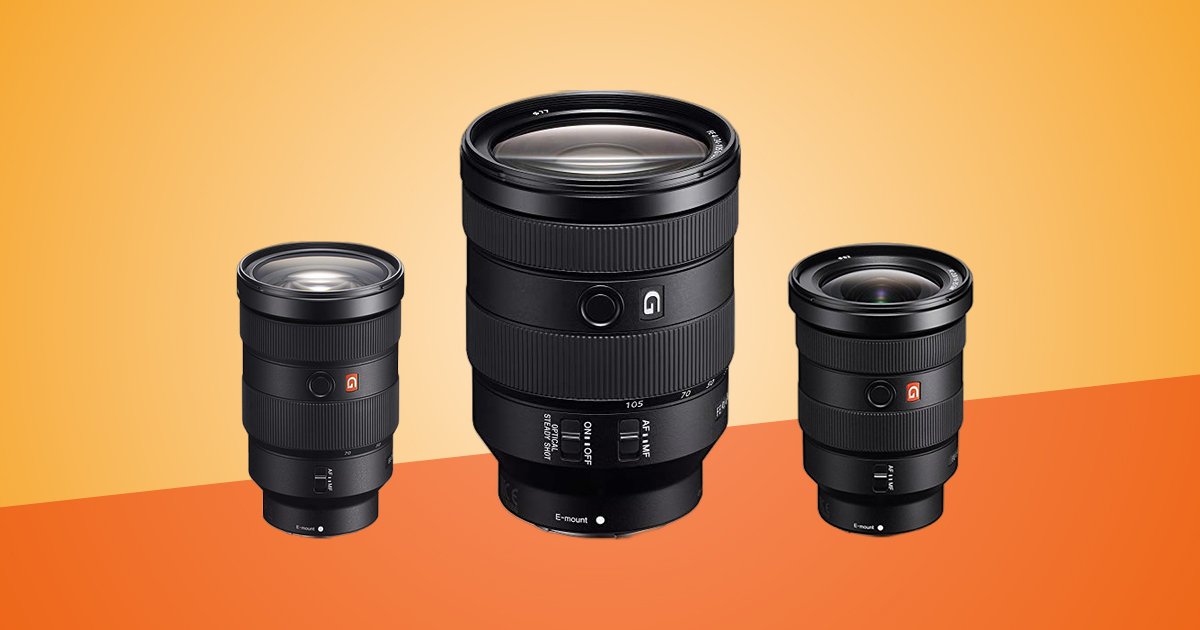
Canon Lenses
Choosing the right Canon lenses for wedding photography is key to capturing unforgettable moments. Our top pick, the Canon EF 70-200mm f/2.8L IS III USM, stands out for its versatility and image quality. It’s great for capturing both intimate and grand wedding scenes.
The lens’s wide f/2.8 aperture performs well in low light and creates beautiful bokeh. The 70-200mm focal length range offers flexibility, allowing you to get close-up photos without crowding the couple. Autofocus is quick and reliable, which is important when actions happen fast.
Image stabilization helps in low light, reducing camera shake and saving shots that might otherwise be blurry. Sharpness across the frame ensures every detail is captured with clarity. While heavy, the quality it brings is worth it. To learn more about canon lenses for wedding photography, check out our in-depth guide.
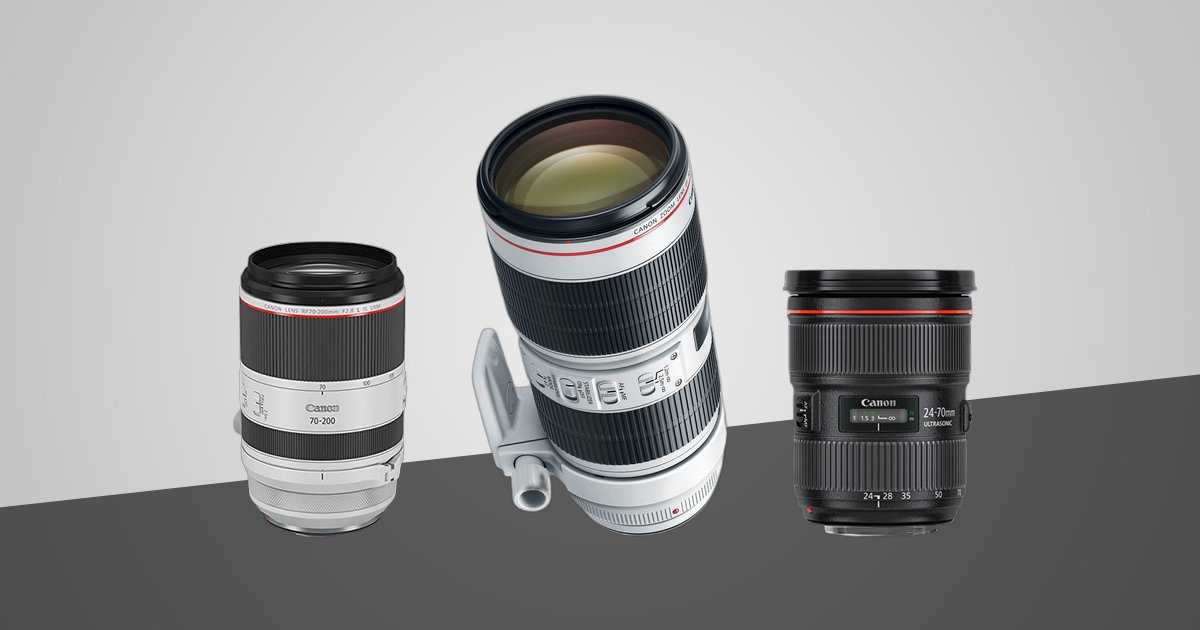
Flashgun
Choosing the right flashgun can be tricky. You might even wonder if you need one, especially if your camera has a built-in flash. But there are many advantages to using a flashgun.
Some types of photography are almost impossible without one. A good flashgun gives you more power and control over your lighting. It can help you take better photos in low light or add fill light in bright sun.
Our top pick is the Godox V860III-S. It’s a great all-rounder that packs TTL, HSS, and a rechargeable battery into a good-value package. To learn more about flashguns, we’ve put together a list of the best options for different needs and budgets.
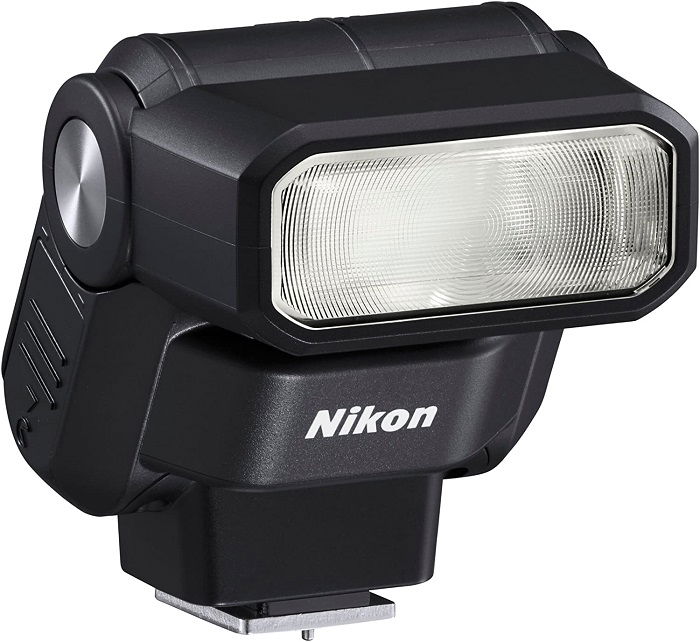
Tripods
Wedding photography requires a range of gear to capture different types of shots. A tripod is a useful tool for macro shots and techniques like panning. It can also double as a light stand for off-camera flash.
When choosing a tripod for wedding photography, look for a mix of travel and professional features. It should have a high enough capacity to handle your camera, lens, and flash. Quick set up with a quick release plate is important for fast-paced weddings. Lighter weight materials like carbon fiber make it easier to carry.
The best tripods for wedding photography offer flexibility to shoot low for macro or extend to eye level. Some top options include the Vanguard Alta Pro, Manfrotto BeFree, Benro Travel Angel, Induro Stealth, and 3 Legged Thing Punks Travis. To learn more about the best wedding photography gear, check out our in-depth guide.
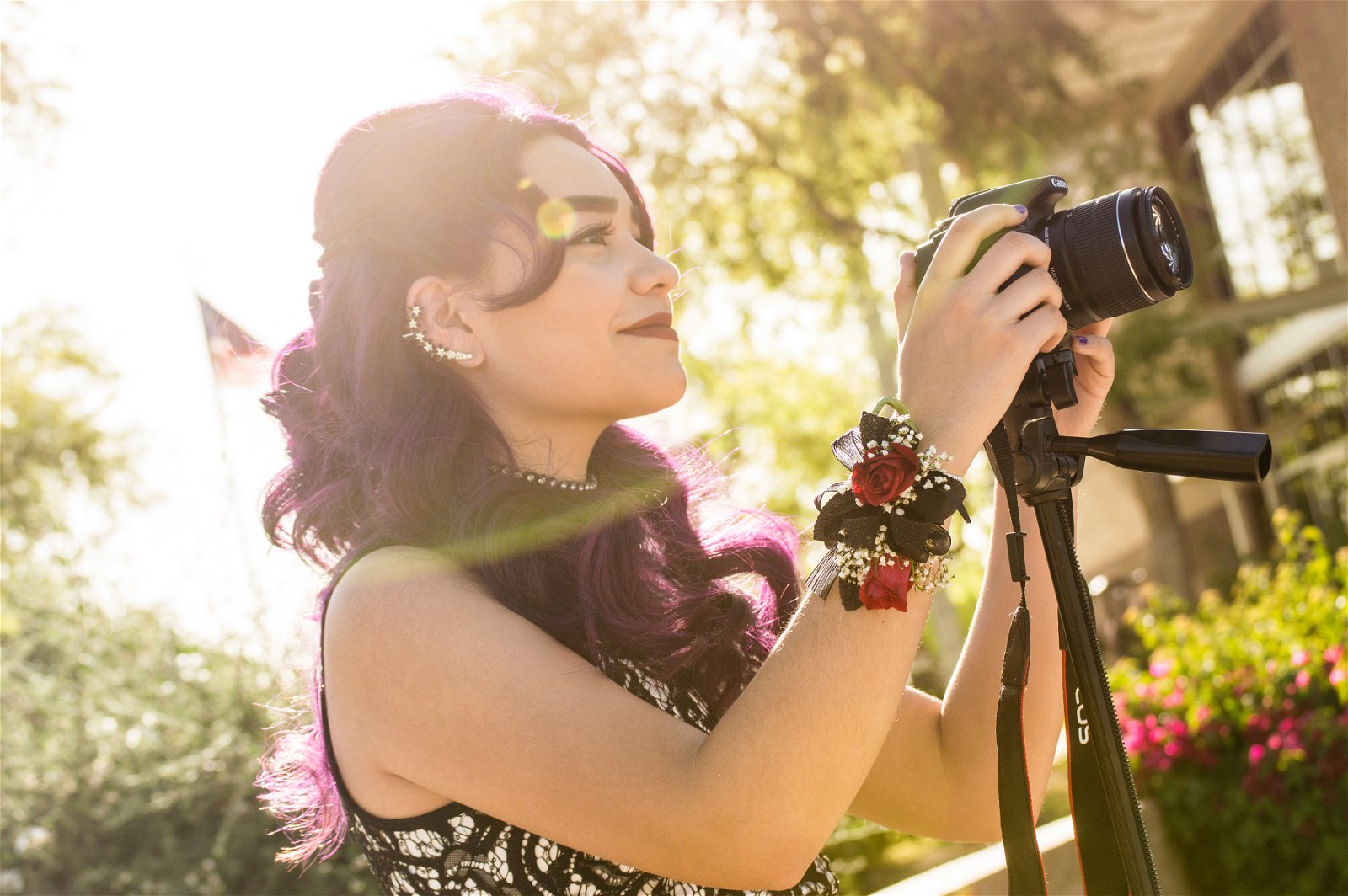
Accessories
When shooting a wedding, the right accessories can make a big difference. A flash is essential for capturing moments on the dark dance floor or during portrait sessions. Off-camera flash receivers and transmitters allow you to create studio-like lighting without bulky gear.
Reflectors are great for filling in backlit portraits or bouncing light on a sunny day. A sturdy tripod is handy for holding off-camera flashes or minimizing camera shake during night shots. Don’t forget extra batteries for your camera and flash, as well as high-capacity, fast SD cards to store all those precious memories.
Comfortable shoes, a rain cover, and snacks are also must-haves for a long wedding day. With the wedding photography accessories on this list, you’ll be prepared to capture beautiful images in any situation.
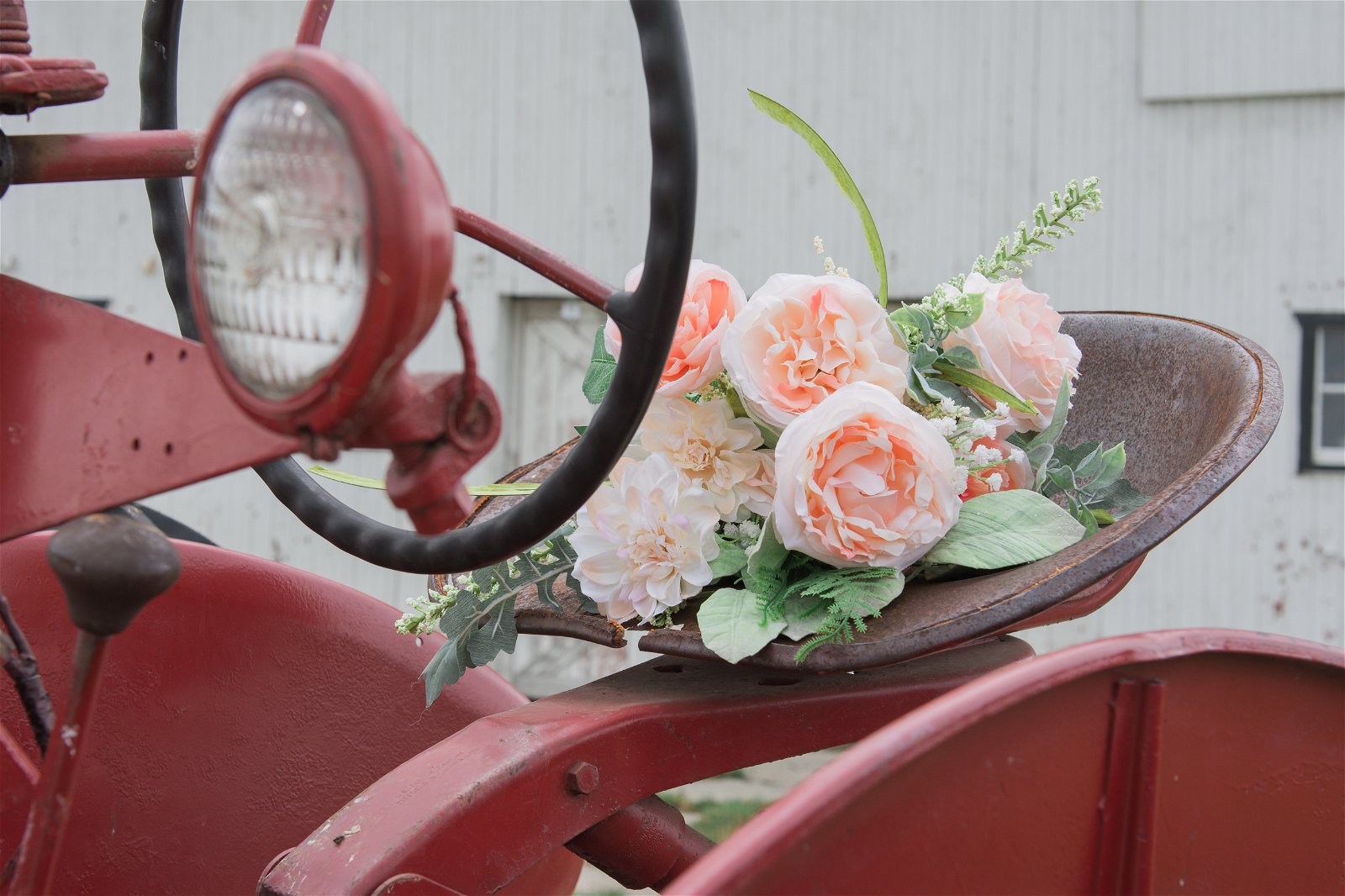
Props
Wedding photography props can add personality and creativity to your photos. Fairy lights are great for creating dreamy bokeh effects. Stretch them out horizontally and use a large aperture like f/1.8 or f/1.4 to blur the lights.
Decorating a doorway with flowers, custom vinyl lettering, or a cute sign can make an eye-catching background. Use a small aperture like f/8 to keep both the subjects and entrance in focus.
A wooden ladder decorated with flowers or signs is another stylish backdrop option. You can also use props like props for a wedding photoshoot to symbolize the couple’s journey together.
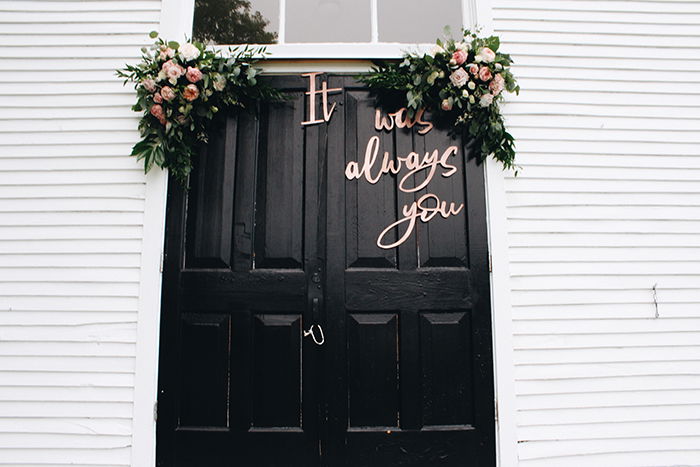
Some Inspiration for Your Wedding Photography
If you want some inspiration for your wedding photography, then we’ve collected some ideas for you. There are blogs, social media and websites to choose from.
Wedding Photography Blogs
Wedding photography is a great way to make money as a photographer. Most weddings happen on weekends, so you can have another job during the week. To get started, check out these top wedding photography blogs for inspiration and tips.
These blogs cover everything from unique photo ideas to running a successful business. They feature some of the best wedding photographers working today. Studying their work can help you develop your own style and compositions.
If you’re looking for fresh ideas, poses, or locations, these blogs have it all. They can reignite your passion if you’re feeling uninspired. There are even more great resources to explore in our article on wedding photography blogs.
